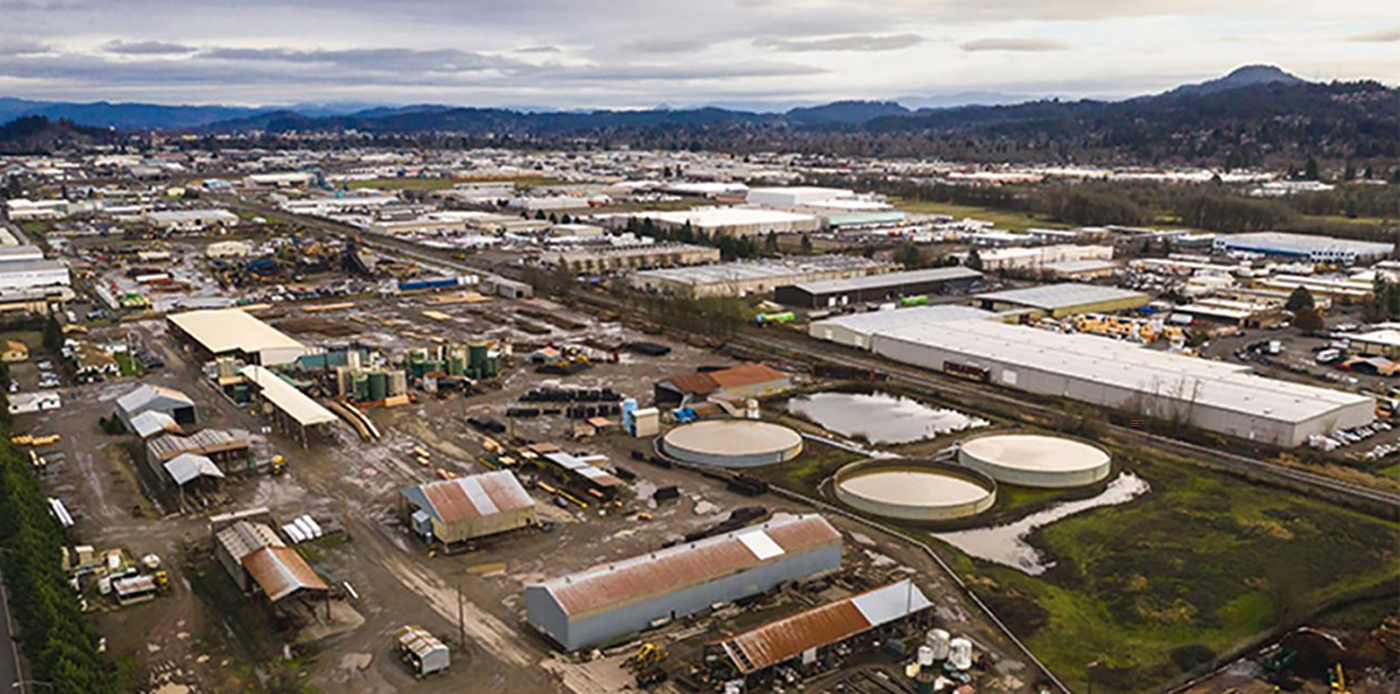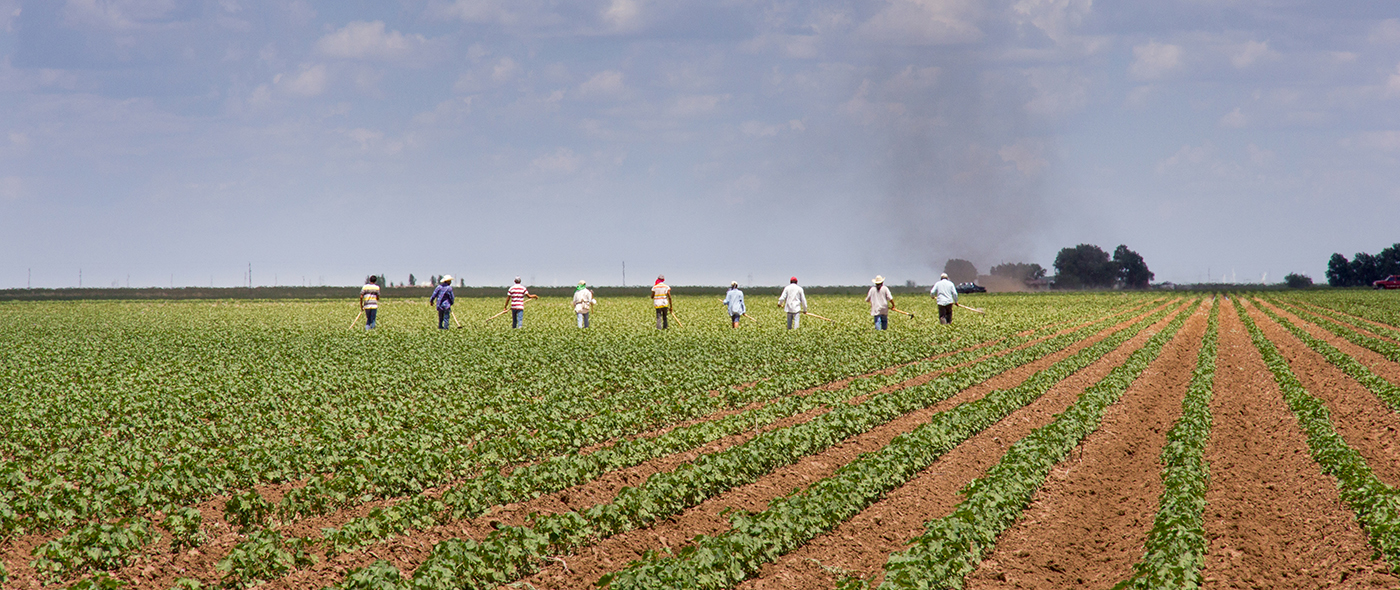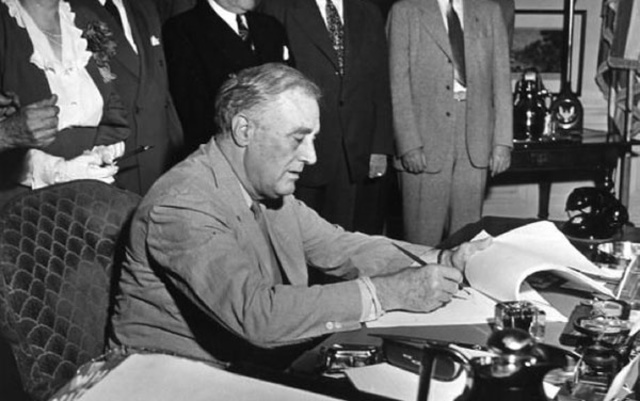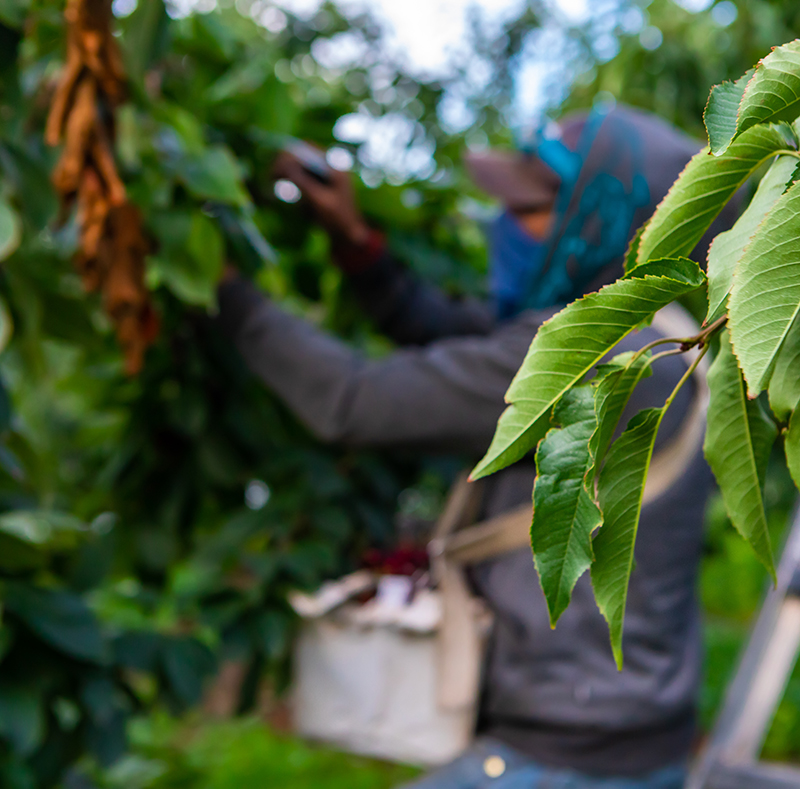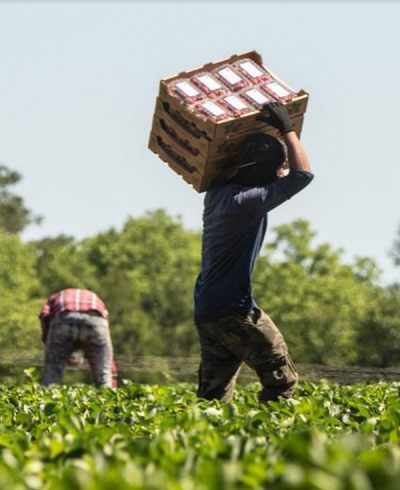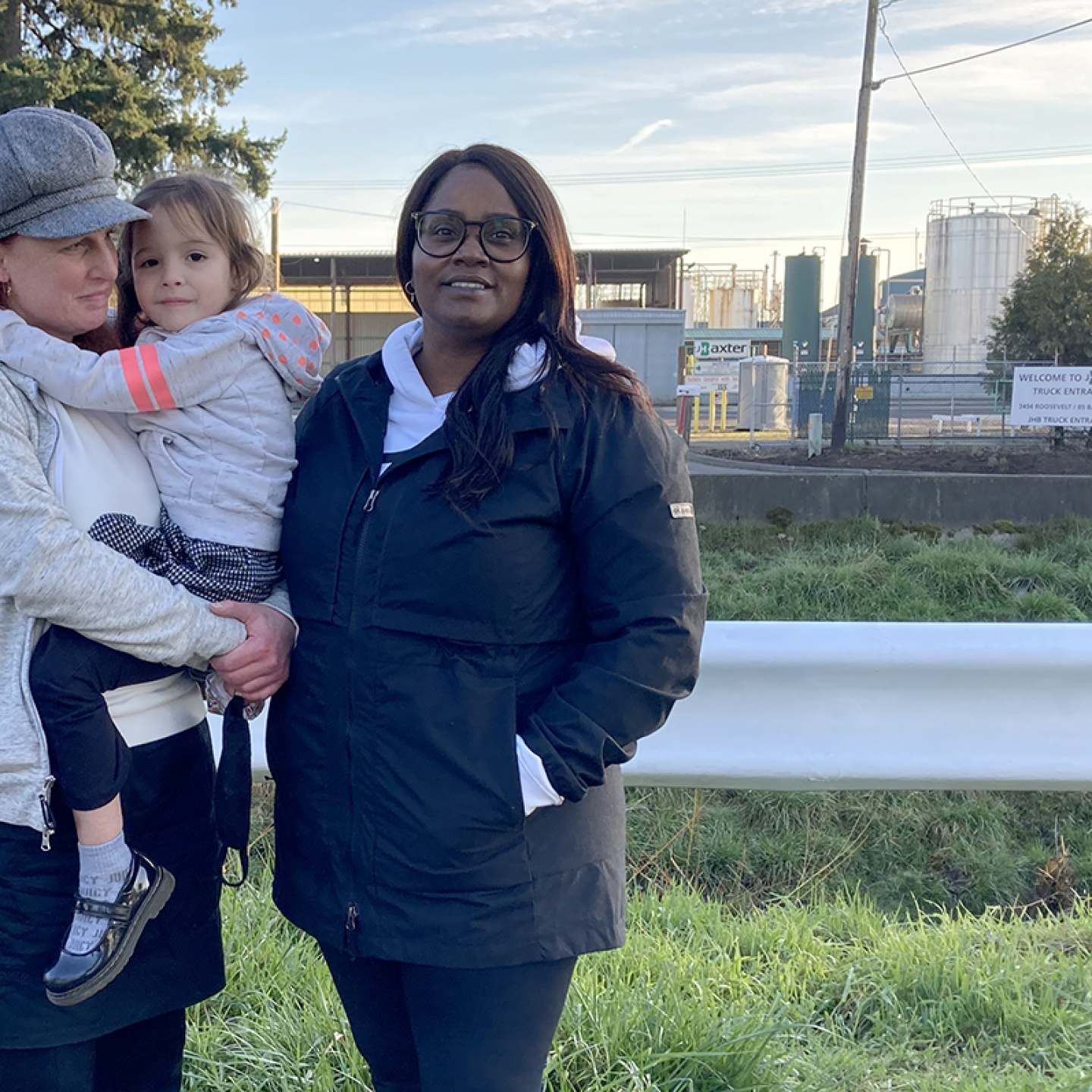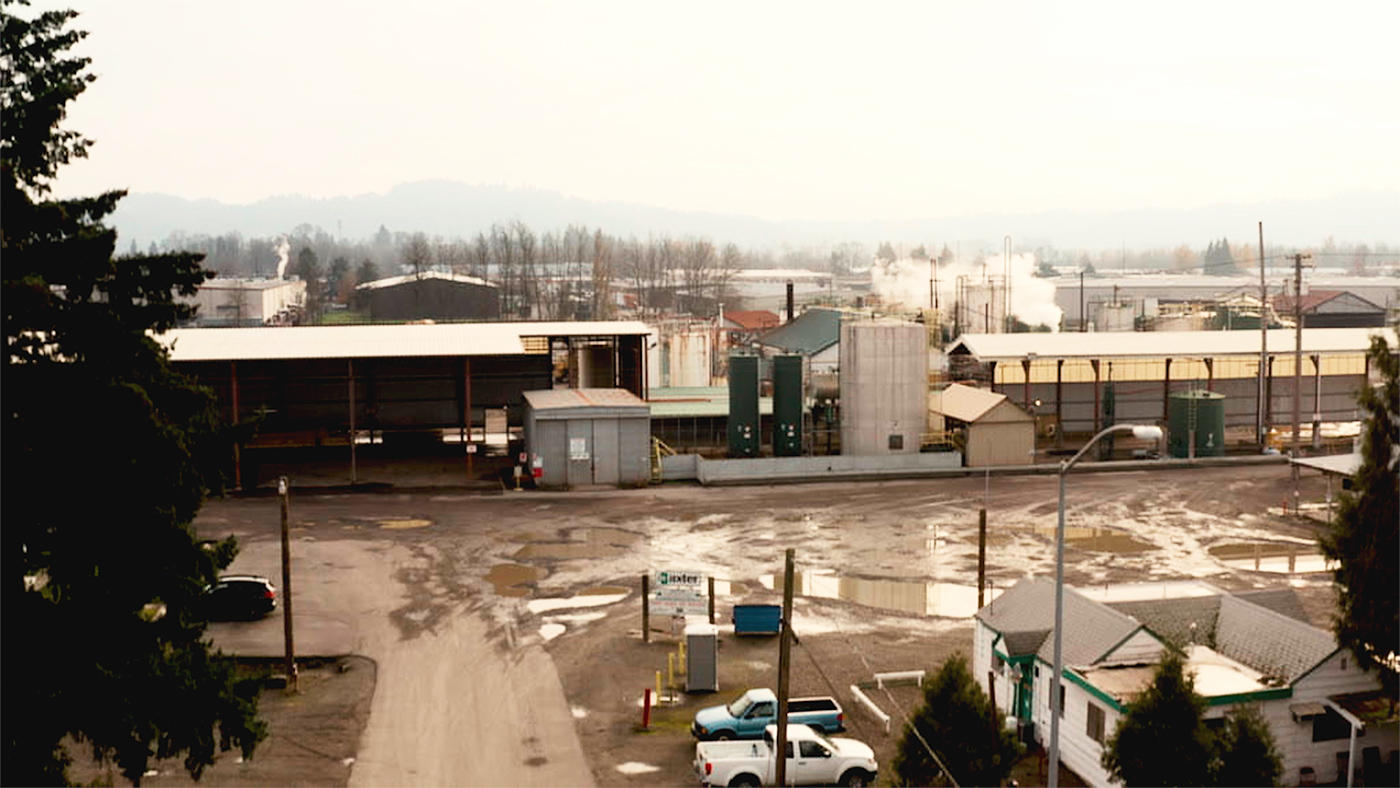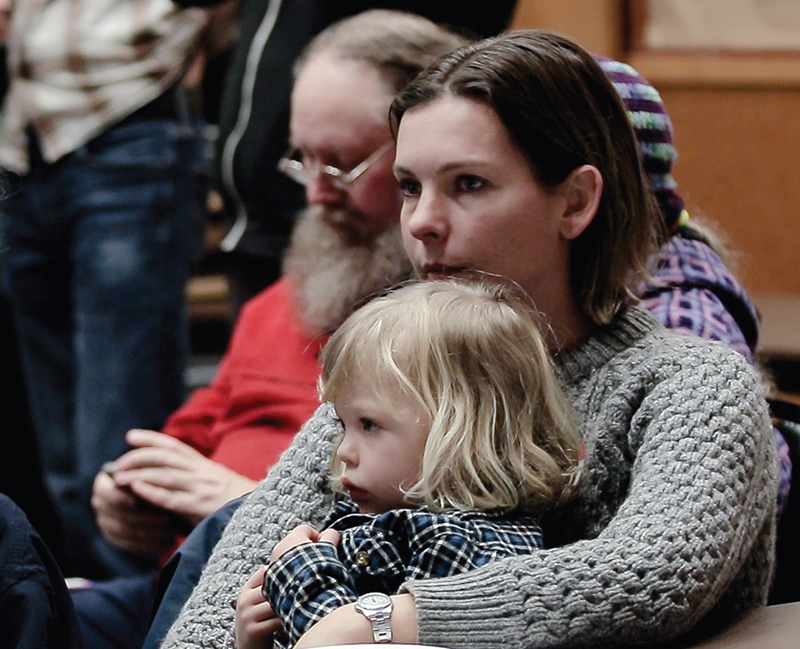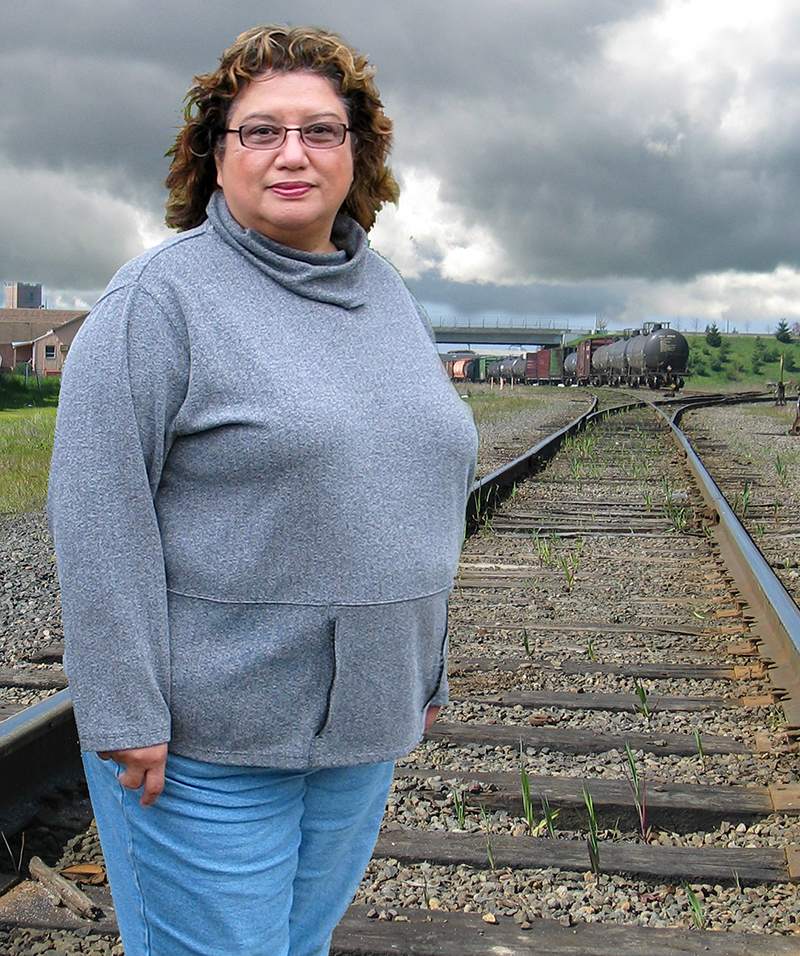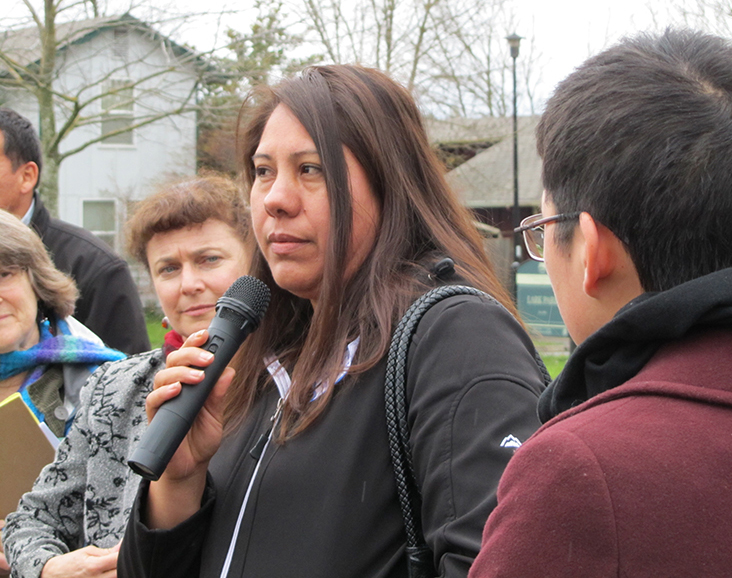(this article was originally published as an opinion editorial in the May 15th edition of the Eugene Register-Guard)
For over 50 years, J.H. Baxter operated a wood treatment facility in West Eugene where wood products are infused with potent oil-based pesticides and chemical treatments. In recent months, J.H. Baxter, facing large civil penalties and an expensive environmental clean-up, announced that they would “mothball” their facility. The owners claimed they were faced with “market volatility” and “diminished returns” and concluded that “it simply doesn’t make financial sense to continue current operations at [their] Eugene facility.” Apparently, JH Baxter’s choice of operational methods, which never made moral or legal sense, is no longer financially sensible.
Celebrations from environmental justice advocates and neighborhood residents are justified. However, the decades of pollution violations, unpaid civil penalties, and unaddressed contamination caused by poorly regulated wastewater and harmful toxic air emissions mean that closed doors may be as much an act of evasion as an act of surrender.
Environmental sampling in the wake of yet another string of investigations has shown there are significant quantities of PCP leaching out from under the facility into surface and ground water and dioxin wafting out and settling in the surrounding neighborhood.
Dioxin, a toxic and persistent organic pollutant (POP) and a component of the biological-chemical weapon ‘Agent Orange’ is now a fixture of West Eugene’s public spaces, a glaring harm to properties, and substantial risk to residents. Per the Environmental Protection Agency (EPA): “Dioxins are highly toxic and can cause cancer, reproductive and developmental problems, damage to the immune system, and can interfere with hormones.”
A Community Effort for Change
Beyond Toxics and thousands of residents of West Eugene have raised the alarm on J.H. Baxter’s pollution for decades, citing noxious smells, illness, discomfort, and respiratory issues among other adverse health effects, including incidence of rare childhood cancer. J.H. Baxter has been cited with over twenty pollution violations in the last 30 years.
Despite laws and environmental protections codified to protect ‘public health and welfare,’ poison on the playground and pollution off the porch have repeatedly threatened residents of West Eugene. Today, nearly 40 Bethel residents wait to find out if their property is marked unsafe for children, unsafe to grow food, unfit for typical use.
Today’s antiquated laws, as codified, allow our state and federal government to permit harm and, functionally, designate sacrifice zones. And unfortunately, absent an injunction from a court or cease-and-desist order from either the DEQ or from the governor, these violations and cited penalties end nothing—to a company like JH Baxter, it’s just a cost of doing business.
Our communities and our regulatory agencies lack the legal tools necessary to hold chronic polluters like JH Baxter accountable to environmental regulations and fiscal responsibilities. A serious reconsideration of our planning, land use, and environmental protections is long overdue.
Proposed Changes In The Works
Beyond Toxics is proposing a series of impactful changes to Eugene’s local government. Top on our list 1) Restructure Land Use Compatibility Statements (LUCS) (a process involved with granting conditional use permits for development); 2) Codify a Public Health Overlay Zone (a new ordinance layering additional protections related to public health and equity to existing zoning regulations); 3) Create a Risk Bond requirement (a bond the polluter most hold to insure against significant risks of environmental and public harm posed by a new development or land use).
Since the inception of Beyond Toxics, we’ve been dedicated to addressing the root causes of toxic pollution. By working to dismantle entrenched and unfair legal loopholes and “perks” for polluters that allow unabated contamination with no accountability we will go a long way in the fight against these root causes. A vital part of that work includes updating land use laws and strengthening environmental regulations. Accomplishing these goals will provide lasting protections for all communities, in perpetuity.
~ Peter Jensen, Environmental Justice Law and Policy Extern and Lisa Arkin, Executive Director
City of Eugene Work Sessions
1) Addressing Chronic Toxic Polluters Work Session: Monday May 23 at 5:30 pm
MORE: https://www.eugene-or.gov/DocumentCenter/View/5448/Tentative-Working-Agenda
TAKE ACTION
Attend the work sessions via video conference
https://www.eugene-or.gov/3360/Webcasts-and-Meeting-Materials
See the "Live Sessions" section on that page to access live webcasts of City Council, Budget Committee or Planning Commission. The button for meeting that is currently live will be highlighted. Live sessions and recordings of previous meetings can also be accessed via our City of Eugene Public Meetings YouTube channel.
-------------------------------------------
Sign up to be on our e-alerts list to get notified about future City of Eugene work sessions
